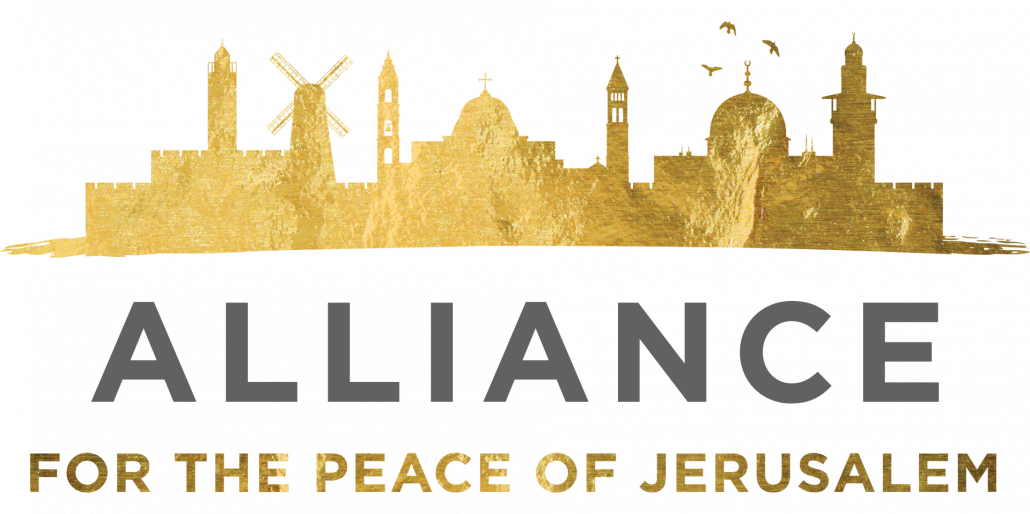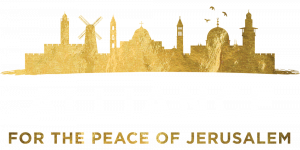NRB PRESS CONFERENCE STATEMENT BOCK
Everyone knows the Middle East has been one of the most controversial regions in our world for millennia. Three major world religions focus on Jerusalem and the Holy Land for each of their histories. Conflict is a constant presence. For Christians, this land is important because it is where they believe God revealed and executed his saving work through His Son, Jesus Christ, who also came to fulfill and complete promises made to Israel as far back as Abraham. The church has long wrestled with how to put God’s work through Jesus and His promises to Israel together. For some, the church has simply replaced Israel in the program and what was Israel became something else. For others, that move not only raises questions about God’s commitment expressed as an eternal promise to the nation he formed from Abraham, it leaves major holes in the biblical narrative, clouding not only God’s program but also how He will restore peace to a fallen world by what He will accomplish in the Middle East.
The survey you just heard about has examined evangelical attitudes on these questions. They show many do understand that God has made commitments to Israel and the Jews as a part of his eventual program, but many others are unsure how it all fits together, especially among younger people.
Several church leaders, seminaries, and theologians have come together to form the Alliance for the Peace of Jerusalem. This organization exists to facilitate a better public understanding of the complexities of the Middle East including its roots in history and the Bible. Its goal is to tell the story of Israel’s role in the biblical narrative while also affirming God’s concern for all peoples in the Middle East. It is rare to see a group that holds to Israel’s right to the land as a legitimate nation that also has concerns for other people present there. Usually one sees an either/or choice. The Alliance seeks to bring a biblical perspective, balance and different tone to these issues.
To make this clear we have produced a statement of 13 affirmations and 13 denials that outline what we deeply believe the Bible teaches on these questions. The Statement seeks to be instructive about major biblical themes such as God’s faithfulness to His word, His commitments to those to whom original promises were made, the importance of Jesus Christ in the plan of God, the necessity for mission to all people, and a commitment to reconciliation, peace and justice that stands encased in how the people of God are called to live.
Let me give you four samples of the 26 statements of the document:
Affirmation #1
We affirm that God is faithful, unchanging, and keeps His covenants and promises to individuals and nations. (Numbers 23:19, Lamentations 3:22-23, Deuteronomy 7:8-9, Romans 4:21, Romans 11:29, 2 Timothy 2:13, 2 Thessalonians 5:24, Hebrews 13:8, Revelation 1:8)
Affirmation #2
We affirm that these covenants include the restoration of creation; the formation and preservation of the Jewish people; the promise of a land for the physical descendants of Abraham, Isaac and Jacob; and blessings for all nations through Jesus the Messiah. (Genesis 12:1-3, 15:18-21, Isaiah 49:5-6, Luke 2:29-32)
Denial # 2
We deny that God has replaced Israel with the church in His plan for the ages – to the contrary, the God of the Bible is both a promise-maker and promise-keeper. (Romans 11:29; Revelation 21:10-14)
Denial # 13
We deny that an enduring peach in Israel and the Middle East is possible unless the Prince of Peace reigns on His rightful throne; yet this does not negate the value and responsibility of believers in Jesus to prayerfully and practically pursue peace today. (Romans 12:18-19; Hebrews 12:14; Isaiah 9:6-7; Colossians 3:14-15)
The entire statement affirms God’s commitment to His promises, including those made to Israel while also blessing all nations. This divine commitment is a reflection of His faithfulness to His own word. The statement points out the importance of taking the gospel to the world as a key for peace. It shows concern for the religious freedom and human dignity of all people, even in a region as contentious as the Middle East. In forming the alliance, our hope and prayer is that people will come to appreciate how God’s program to restore peace on earth requires an awareness of the role of Jesus the Messiah and an understanding that reconciliation requires a place for Israel in that program.


